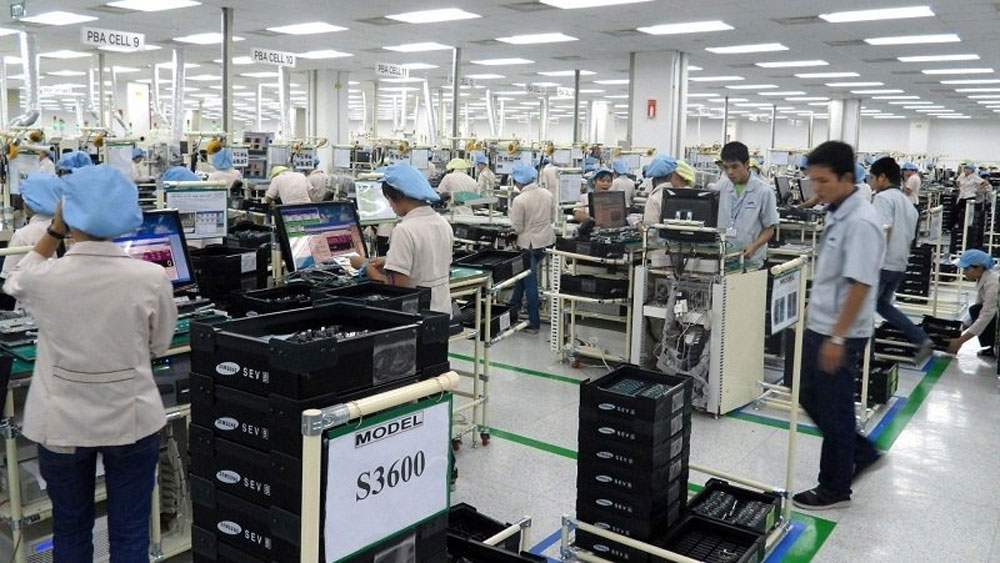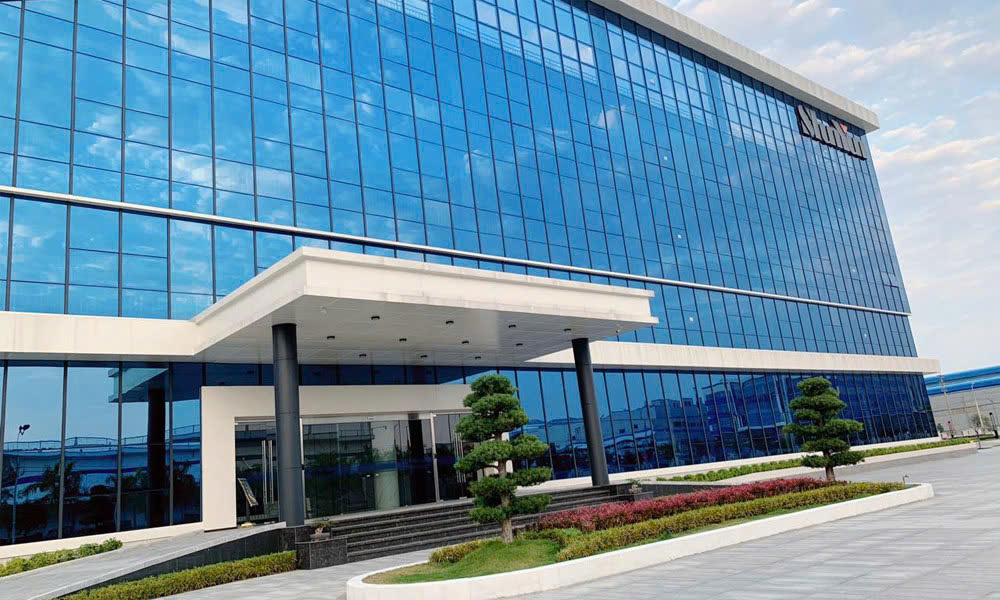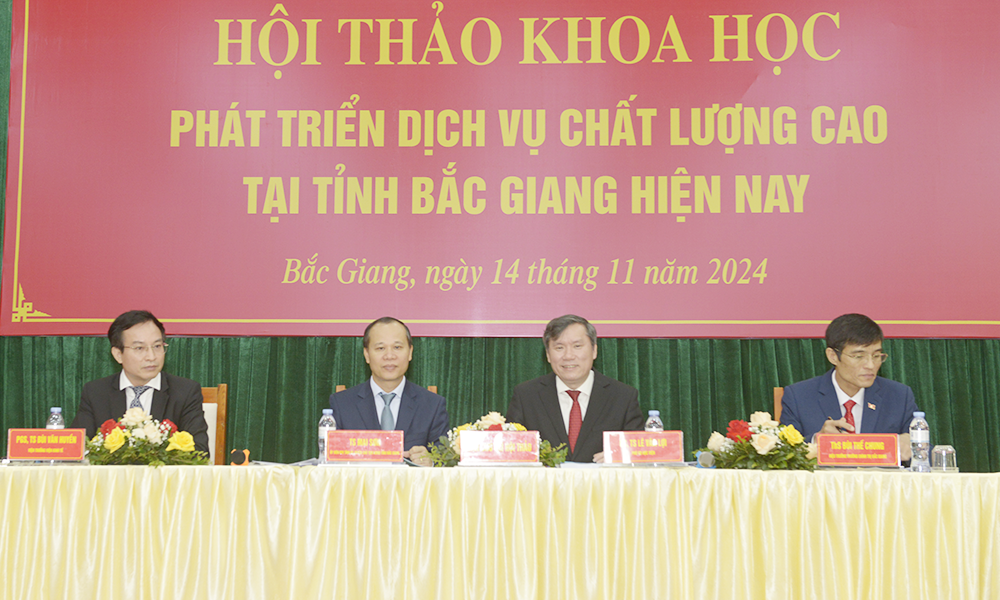Increasing Vietnam’s attractiveness for high-quality FDI flow
Vietnam has the opportunity to attract high-tech FDI flows amid the trend of foreign companies shifting their investment and relocating their manufacturing facilities in order to diversify their supply chains and reduce reliance on a single market.
 |
|
Increasing Vietnam’s attractiveness for high-quality FDI flow. |
For example, US technology company Apple has begun producing its AirPods in Vietnam with about 3-4 million units or 30% of its total output in the second quarter of 2020 made therein. Google, Microsoft and Panasonic are also planning to relocate some of their manufacturing lines to Vietnam while others such as Pegatron, Amazon and Home Depot are also considering Vietnam as one of the destinations for their supply chains.
Vietnam has a wide range of advantages in attracting FDI such as a large population with a growing middle class, a young workforce with high mobility and lower labour costs and land lease prices compared with regional countries such as Thailand, Malaysia and Indonesia.
The corporate income tax rate in Vietnam is also among the lowest in Southeast Asia and enterprises in industrial parks are eligible for many tax and visa preferences.
Vietnam’s favourable geographical location, stable economic and political environment, fast-growing economy, new-generation free trade agreements and successful coronavirus containment also add to the country’s status as an attractive destination for foreign investment.
High-quality FDI flows not only involve large capital and a high level of advanced technology, but also give the recipient country a new stature in the networks of production and technology as well as opportunities for global financial investment, tourism and services.
Such flows are usually demanding and welcomed by all countries around the world but do not naturally favour any country, regardless of their needs and strong competitive edge.
Therefore, in order to attract high-quality FDI and raise the ratio of enterprises which employ advanced technology and are environmentally friendly by 50% in 2025 and 100% in 2030 as compared with 2018, it is necessary to introduce appropriate policies and specific plans.
Firstly, Vietnam needs to formulate a set of criteria for high-quality FDI projects in accordance with the country’s development level and trends in global science and technology; focus on developing infrastructure and improving management at some key industrial parks which cater for important FDI projects; and build a list of projects and sectors in need of high-quality FDI as part of the national master plan.
Secondly, it is an imperative to implement special plans to meet the requirements of high-quality project investors, especially those concerned withj protecting intellectual property rights, curbing corruption, improving the business environment as well as incentives in terms of tax, land, labour and infrastructure, among others.
Another important task is boosting enterprises in supporting industries with considerable potential in order to help them become part of the manufacturing network of multinationals planning to invest in Vietnam.
Besides bolstering public investment projects to help industrial parks benefit from improved infrastructure, it is necessary to translate Vietnam’s need for expanding and modernising its infrastructure into opportunities to attract high-quality FDI projects in this area.
Attracting high-quality FDI calls for a new mindset and new actions in order to meet multinational companies’ requirements faster and better, and to give priority to the projects that employ advanced technologies and modern management methods, produce high added value and a ripple effect, connect global production and supply chains, and who are environmentally friendly.
Source: NDO
 Bắc giang
Bắc giang















Reader's comments (0)